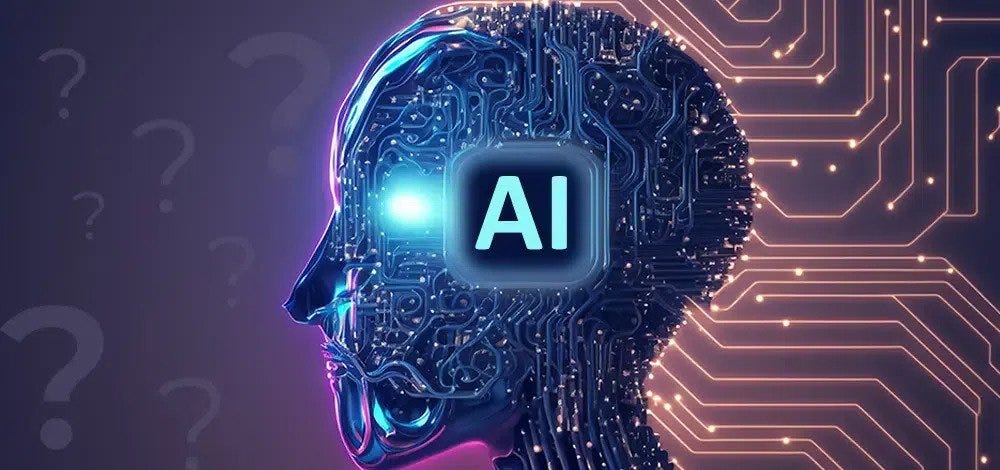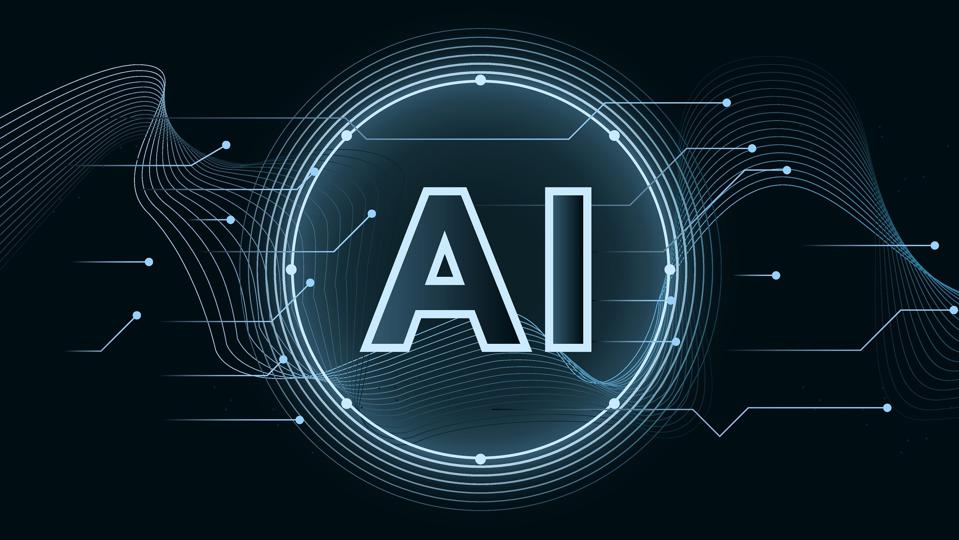Artificial Intelligence (AI) is transforming the world around us in ways we never imagined. From smart home devices to advanced healthcare technologies, AI is revolutionizing various sectors, making our lives easier and more efficient. In this blog post, we’ll dive deep into the fascinating world of AI, exploring its history, applications, benefits, and the potential challenges we face. Lock in, as we set out on this illuminating excursion!
Table of Contents
ToggleIntroduction: The Dawn of AI
Imagine a world where machines think like humans, solve complex problems, and even learn from their experiences. Sounds like a sci-fi movie plot, doesn’t it? Well, that’s the essence of Artificial Intelligence. But AI isn’t just about robots taking over our chores; it’s a field that’s rich with potential and full of promise. In this post, we’ll explore what AI is all about, how it works, and why it’s such a big deal in today’s world.
What is Artificial Intelligence?
Artificial Intelligence alludes to the reenactment of human knowledge in machines. These machines are programmed to think, learn, and make decisions, mimicking human cognitive functions. AI can be categorized into two types: Narrow AI, which is designed to perform a narrow task (like facial recognition), and General AI, which can perform any intellectual task that a human can.

A Brief History of AI
The concept of AI has been around for centuries, with early references found in Greek mythology. However, the modern journey began in the mid-20th century. In 1956, the expression “Artificial Intelligence” was begat by John McCarthy. Since then, AI has evolved, with significant milestones like IBM’s Deep Blue defeating chess champion Garry Kasparov in 1997, and Google’s AlphaGo beating Go champion Lee Sedol in 2016.
How Does AI Work?
AI works through algorithms and models that process data, recognize patterns, and make decisions. Machine Learning (ML) and Deep Learning are two subsets of AI that enable machines to learn from data. While ML uses algorithms to parse data and learn from it, Deep Learning involves neural networks with multiple layers that process data in a way similar to the human brain.
The Many Faces of AI: Applications Across Industries
AI is not just a buzzword; it’s a reality impacting various sectors. Let’s explore how AI is making waves across different industries.
AI in Healthcare
In medical care, artificial intelligence is ending up a unique advantage. From predicting diseases to personalizing treatment plans, AI-driven tools are enhancing patient care. For instance, AI algorithms can analyze medical images to detect abnormalities, leading to early diagnosis and treatment.
AI in Finance
The finance industry is leveraging AI to enhance customer experience and streamline operations. AI-powered chatbots provide round-the-clock customer service, while algorithms detect fraudulent activities in real-time, safeguarding financial transactions.
AI in Transportation
Self-driving cars are one of the most exciting applications of AI in transportation. Companies like Tesla are using AI to develop autonomous vehicles that promise to reduce road accidents and improve traffic management.
AI in Entertainment
AI is also redefining the entertainment industry. Streaming platforms use AI algorithms to curate personalized content recommendations, ensuring viewers always have something they’ll love to watch.
AI in Education
In education, AI is transforming learning experiences. AI-driven tools provide personalized learning paths, helping students grasp concepts at their own pace. Additionally, AI can automate administrative tasks, allowing educators to focus more on teaching.
AI in Agriculture
AI is revolutionizing agriculture by optimizing crop yield and reducing waste. AI-powered drones and sensors monitor crop health, while predictive analytics help farmers make informed decisions about planting and harvesting.

The Benefits of Artificial Intelligence: Why We Can’t Ignore It
AI offers numerous benefits that make it an indispensable part of modern life.
Increased Efficiency and Productivity
AI automates repetitive tasks, freeing up human resources for more strategic and creative work. This leads to increased efficiency and productivity across various sectors.
Enhanced Decision Making
AI analyzes vast amounts of data quickly and accurately, providing valuable insights that aid in decision-making. This is particularly beneficial in sectors like finance and healthcare, where informed decisions are crucial.
Improved Customer Experience
AI-powered tools like chatbots and virtual assistants enhance customer experience by providing quick and personalized responses. This not only improves customer satisfaction but also builds brand loyalty.
Innovation and Creativity
AI fosters innovation by providing new tools and solutions. In fields like art and music, AI-generated content is pushing the boundaries of creativity, offering fresh perspectives and ideas.
The Challenges of Artificial Intelligence: Addressing the Concerns
While AI presents numerous benefits, it also poses several challenges that need addressing.
Ethical Concerns
AI raises ethical concerns, particularly regarding privacy and data security. The use of AI in surveillance and data collection has sparked debates about the balance between security and privacy.
Job Displacement
AI’s ability to automate tasks poses a threat to jobs, particularly in industries like manufacturing and customer service. There’s a growing need to reskill and upskill the workforce to adapt to the changing job landscape.
Bias and Fairness
AI systems can perpetuate biases present in the data they’re trained on. Ensuring fairness and eliminating bias in AI algorithms is a significant challenge that researchers are working to address.
The Future of Artificial Intelligence: What Lies Ahead
The future of AI is both exciting and uncertain. As AI continues to evolve, it promises to bring about transformative changes. Here’s a glimpse of what the future might hold.
Artificial Intelligence and Human Collaboration
The future will likely see more collaboration between humans and AI, with machines augmenting human capabilities. This collaboration will lead to new possibilities and innovations across various fields.
Advancements in General Artificial Intelligence
While we currently have Narrow AI, the development of General AI remains a long-term goal. Achieving General AI would mean machines could perform any intellectual task that a human can, opening up new horizons for technological advancement.
Artificial Intelligence for Social Good
AI has the potential to address global challenges like climate change, poverty, and healthcare access. By harnessing AI for social good, we can work towards a more equitable and sustainable future.

Conclusion: Embracing the Artificial Intelligence Revolution
Artificial Intelligence is more than just a technological advancement; it’s a revolution reshaping our world. As we continue to explore its potential, it’s crucial to address the challenges and ensure that AI serves humanity positively. By embracing AI responsibly, we can unlock endless possibilities and create a better future for all.
FAQs
Man-made brainpower (artificial intelligence) is the recreation of human knowledge processes by machines, particularly PC frameworks. It involves learning, reasoning, and self-correction.
AI in healthcare is used for early diagnosis, personalized treatment, patient monitoring, and automating administrative tasks to improve efficiency and care quality.
The challenges of AI include ethical concerns, job displacement, and bias in AI algorithms. Addressing these challenges requires careful consideration and proactive measures.
AI impacts the job market by automating repetitive tasks, which can lead to job displacement. However, it also creates opportunities for new job roles that require advanced skills.
The future of AI involves advancements in General AI, increased collaboration between humans and machines, and leveraging AI for social good to address global challenges.
This comprehensive guide has covered the basics and intricacies of AI, shedding light on its applications, benefits, challenges, and future potential. As we continue to explore this transformative technology, staying informed and engaged is key to harnessing its full potential.
For More Such Content ExCurv.com